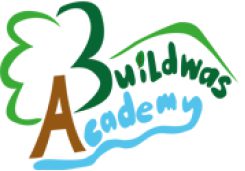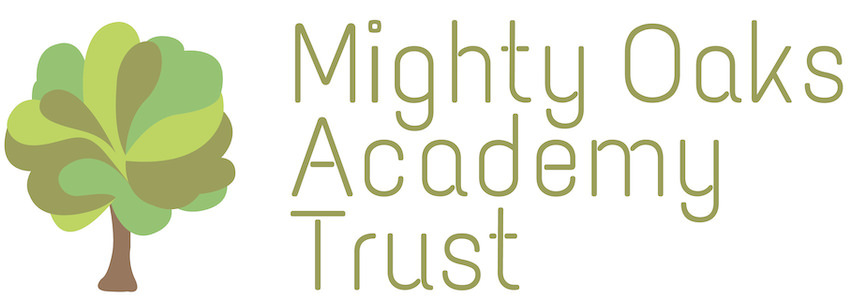Intent
The overall aim of our maths curriculum is to equip all the children at Buildwas Academy with skills that will enable to independently and confidently find the solutions to every mathematical problem they are faced with in their future lives. We want them to have a security about their place in the world that is established through an increasingly accurate understanding of number and measure, as well as an ability to realistically predict the outcomes of the decisions that they make.
In order to prepare them for this, our intention is to give our students a fluent recall and understanding of the complete range of mathematical strategies that are outlined in the National Curriculum, as well as skills of mathematical reasoning, so that they will be able to select which of these they can use in order to reach the correct solution.
Going beyond this, we want to help enable our students to recognise and appreciate the order and patterns of the universe that can best be grasped with an understanding of mathematics. Our maths curriculum is designed to help children think for themselves and to notice things that others might miss, therefore our lessons give children lots of opportunities and space to think concepts through mathematically for themselves and express the conclusions that they have come to in a variety of different ways.
Implementation
In order to enable our children to develop the ability to be able to swiftly recall number facts whenever they need to, at Buildwas we have a strong emphasis on practising number bonds and timetables frequently, little and often throughout the school week. Children are also strongly encouraged to do this at home and are provided with logins to the Numbots and Timetable Rock stars websites, in order to make this fun.
Maths is taught daily in all year groups across the school. In Y1-6 this takes place in the morning and follows the national curriculum objectives. Teachers use ‘White Rose’ to support their planning but this is adapted according to the needs of the pupils at the time. In EYFS, maths is evident in the provision and within planning to ensure that opportunities for mathematics language are developed with the children. In nursery (3-4 year olds) a short daily input is used focused on a key concept for the week and in reception daily lessons take place as well as opportunities during provision.
New processes are taught using small steps and teachers only proceed when first steps are mastered and limit the amount of material to prevent cognitive overload. Pupil practice takes place after each step – moving away from the usual teacher exposition followed by independent work. New information is introduced in small scaffolded steps, modelling and carefully chosen examples provide clarity for all pupils and develop confidence and self-belief. Through teaching in small, manageable steps, pupils are achieving success in mathematics.
Vocabulary is taught and retaught to ensure that all pupils remember and use effectively. Stem sentences are modelled to children and an ‘I say, you say’ approach is used regularly across the school.
In addition to formal termly maths assessments, the staff at Buildwas are constantly assessing children’s mathematical understanding in an informal way that enables us to plan the next steps in our lessons, moving the children on to the next step when we observe that they are ready for it. White Rose have tailored the curriculum to suit our mixed-age classes, teaching each year group-related topics at the same time as much as possible and providing adapted activities within each year group’s tasks.
Impact
Our ultimate aim in maths at Buildwas is to enable children to think deeply about mathematics for themselves and we seek to develop this skill by providing open ended questions and problems that children can solve in their own ways, selecting their own resources from the ones that we have trained them to use, then verbalising and discussing their answers with others.
The dimensions of impact can be seen through internal monitoring, analysis of assessment data, and engagement with external benchmarks and standardized testing. Leaders and teachers use data effectively to evaluate the impact of teaching and to inform further improvements to the curriculum.
Intervention groups are delivered following assessments and targeting gaps in learning to enable pupils to catch up.
Calculation Policies:

